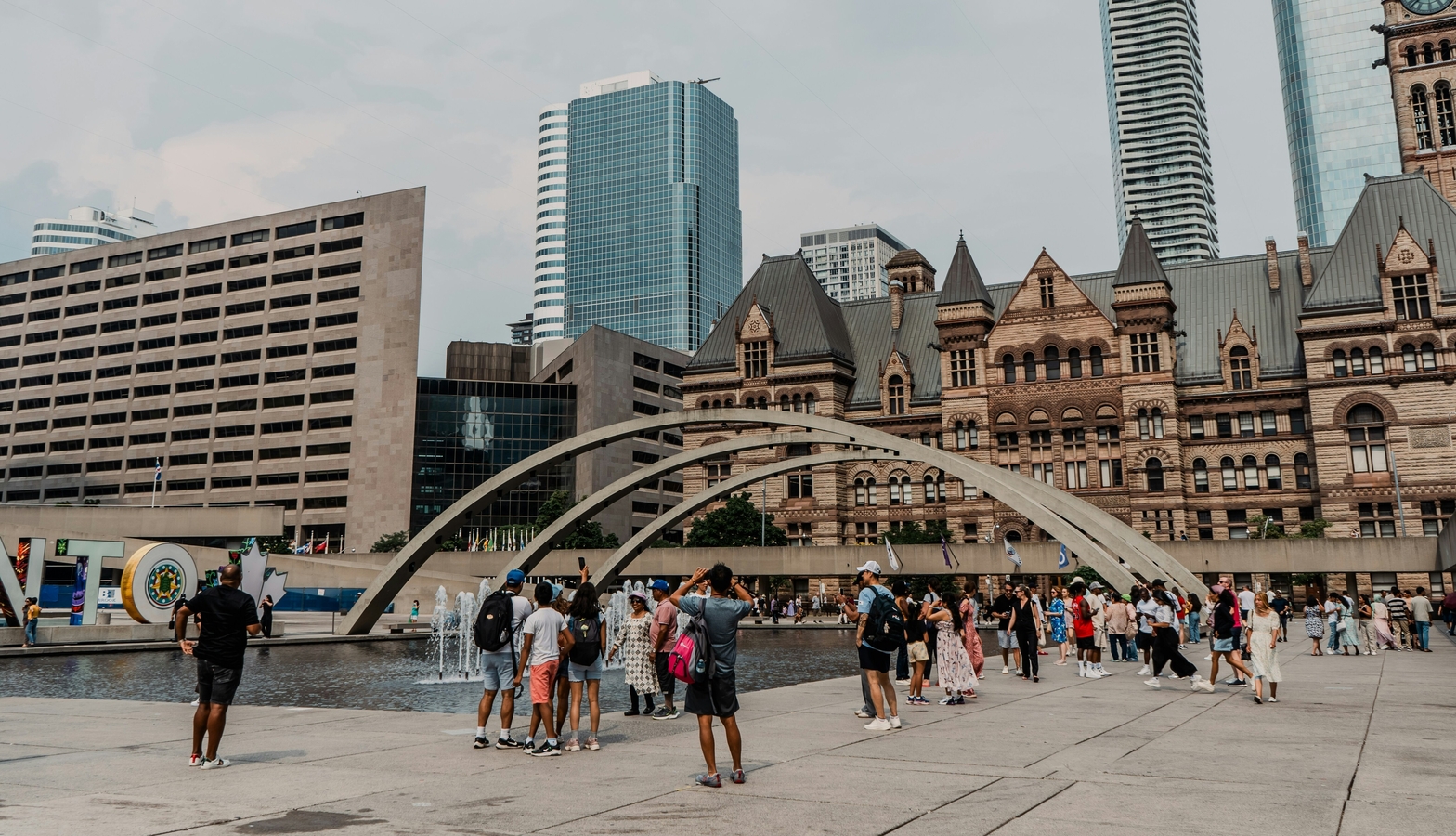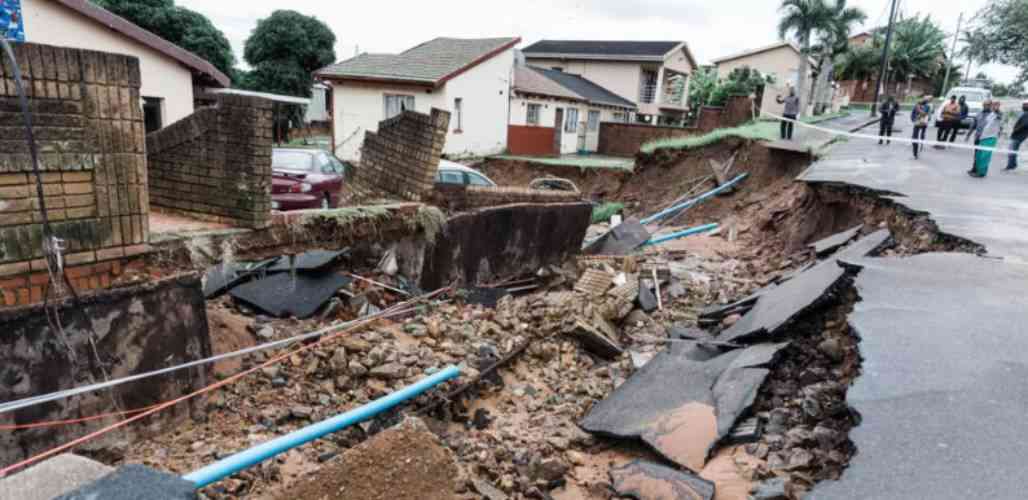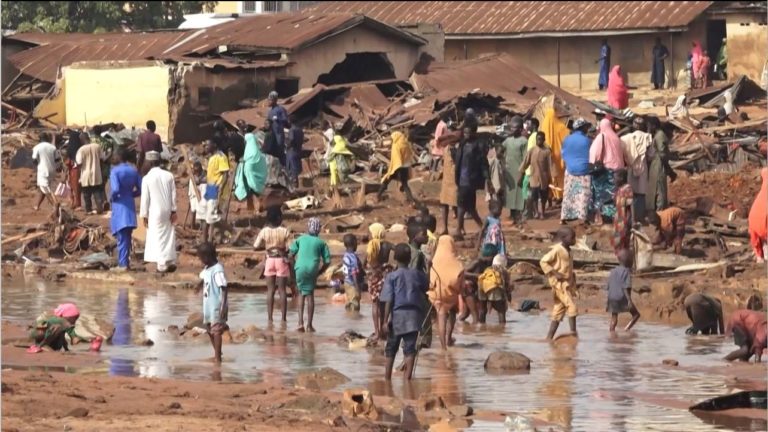Global Leaders and Prince William Call for Urgent Action on Ocean Conservation

The world's oceans are facing an unprecedented crisis, described by Prince William as 'diminishing before our eyes' and by the United Nations as an 'oceans emergency.' Speaking at the Blue Economy and Finance Forum in Monaco, Prince William issued a stark warning about the dwindling marine resources, emphasizing that 'we all stand to be impacted.' This sense of urgency is echoed by world leaders convening in Nice, French Riviera, for a high-level UN Ocean Conference dedicated to ocean conservation, where they face mounting pressure to adopt stronger measures against critical threats.
The primary threats endangering marine ecosystems, as highlighted by both Prince William and the focus of the international summit, include rampant over-fishing, pervasive pollution including plastic litter, the detrimental effects of rising sea temperatures linked to climate change, and exploitative fishing practices. Prince William, during his Monaco address, stressed that everyone is responsible for change, both negative and positive, and called upon the global community to 'think big' in devising solutions to revive the oceans. He articulated a belief that 'urgency and optimism have the power to bring about the action needed to change the course of history,' a sentiment crucial as nations grapple with these complex challenges.
The UN Ocean Conference in Nice aims to be a turning point, seeking tangible commitments in terms of funding and enhanced protections for the seas. Around 60 heads of state and government, including Brazilian President Luiz Inacio Lula da Silva and Argentine President Javier Milei, are expected to attend. French President Emmanuel Macron, emphasizing the clear scientific imperative, declared, 'We have a duty to mobilise.' President Lula added a stern warning: 'The planet can no longer tolerate broken promises. Either we act, or the planet is in danger.' Key issues on the agenda include contentious topics such as deep-sea mining—an area where the United States under President Donald Trump's administration pushed to fast-track activities, sparking global outrage, and notably, the US was not expected to send a delegation to the Nice summit. Other critical discussions will cover plastic litter, exploitative fishing, and progress towards ratifying global treaties on harmful fishing subsidies and the protection of the high seas beyond national control. These discussions occur against a backdrop of wider geopolitical tensions, with France spearheading a push for a moratorium on deep-sea mining.
A central goal for the international community is the commitment to protect 30 percent of the world's oceans by 2030, a target agreed upon by nearly 200 countries in 2022. Pacific Island nations, particularly vulnerable, are poised to strongly urge for financial aid to combat rising sea levels, marine trash, and the plunder of their fish stocks. However, progress towards the '30 by 30' goal has been slow, with only around eight percent of oceans currently designated as marine conservation zones, and an even smaller fraction considered truly protected. Greenpeace estimates that at the current pace, achieving the 30 percent goal could take another 82 years. Despite these challenges, there are positive national actions: Samoa recently declared 30 percent of its national waters under protection. France has announced intentions to restrict destructive bottom trawling in some of its marine protected areas, and Britain is looking to extend similar bans. Nevertheless, conservationists and environmental groups, while welcoming such steps, caution that they may not be sufficient and express concerns that the summit might become a 'talkfest' without concrete, binding proposals. Brian O'Donnell of Campaign for Nature highlighted this, stating, 'There is money. There is not political will.'
Beyond governmental summits, influential figures are also driving the conversation and raising public awareness. Prince William, founder and president of the Earthshot Prize—a global award celebrating environmental initiatives—is actively engaged in promoting solutions. Finalists for this year's award were due to attend the Monaco event. To further broaden awareness, Kensington Palace released a YouTube video featuring Prince William and renowned naturalist Sir David Attenborough. While the video showed them laughing together as Sir David tried on a diving helmet, their conversation soon addressed the grave realities of marine degradation, as exemplified by the damage uncovered in Sir David's new film, 'Oceans.' Prince William powerfully referenced Sir David's wisdom in his speech, urging listeners: 'We must listen to the words of Sir David Attenborough: "If we save the sea, we save our world".'
As the world stands 'halfway through this decisive decade,' Prince William's call to 'think big' and 'act together with urgency and optimism while we still have the chance' resonates strongly with the objectives of the Nice summit. The future of our planet and generations to come depends on a concerted global effort to address the ocean crisis. The messages from both Monaco and Nice underscore a critical juncture where discussions and promises must translate into meaningful, lasting protections and restorative actions for the marine environment, ensuring that the world's invaluable oceans are not diminished beyond repair.











